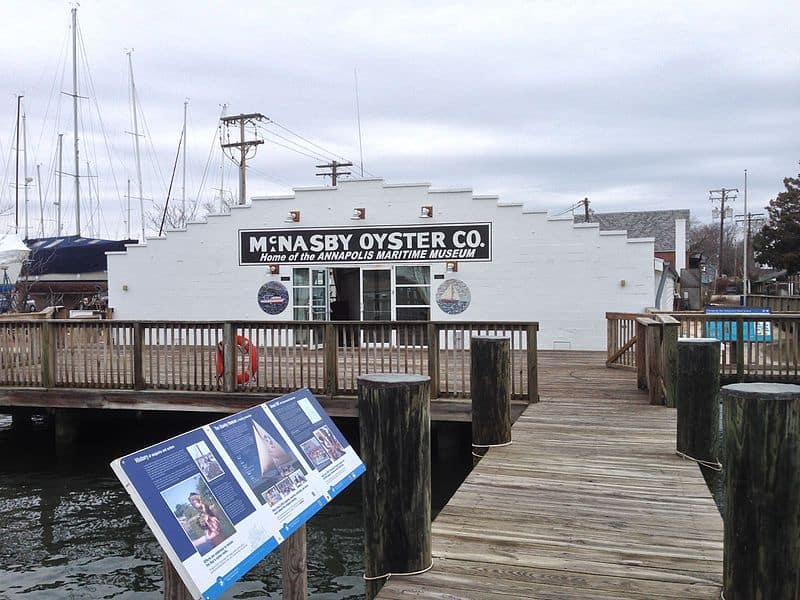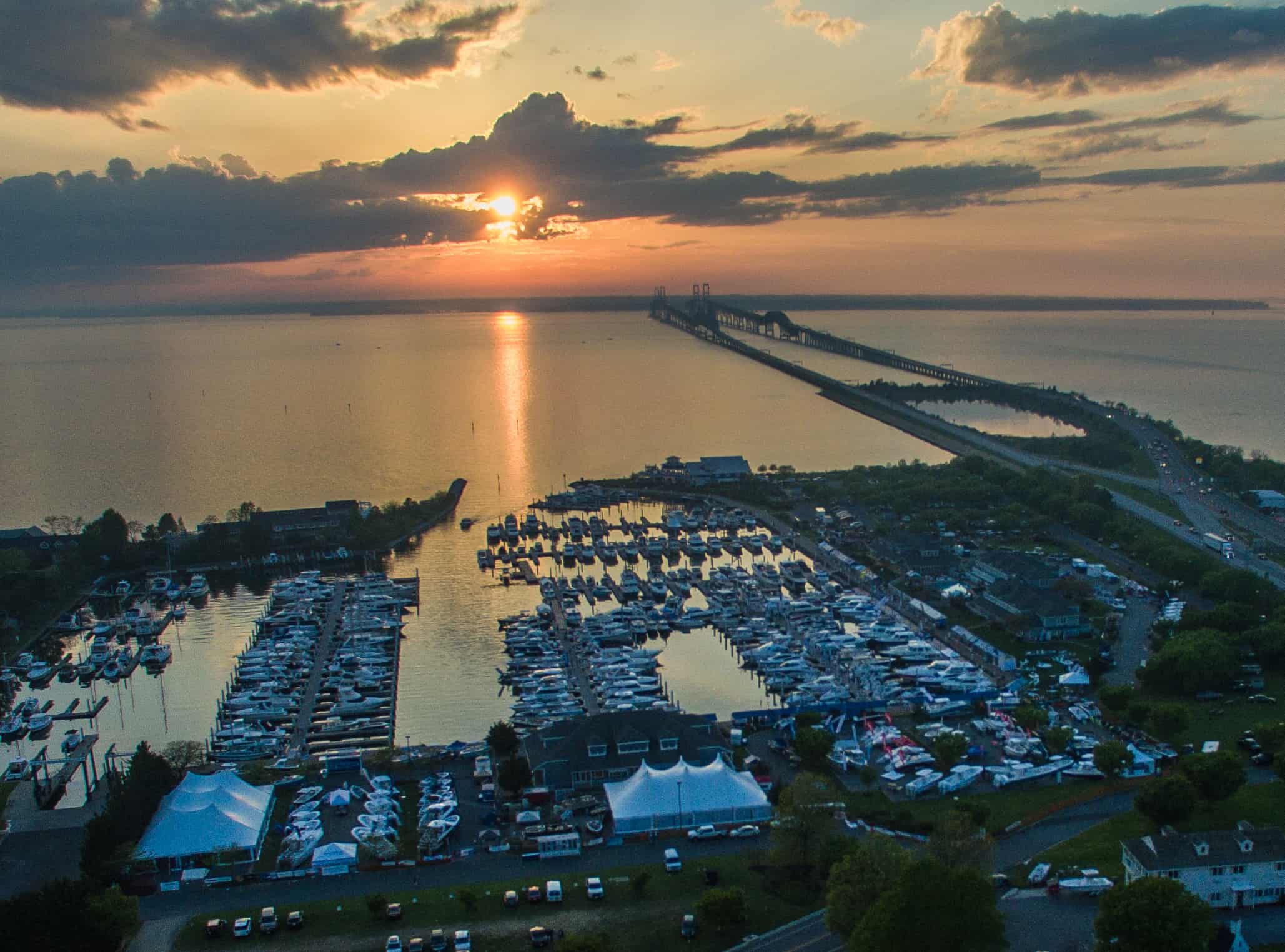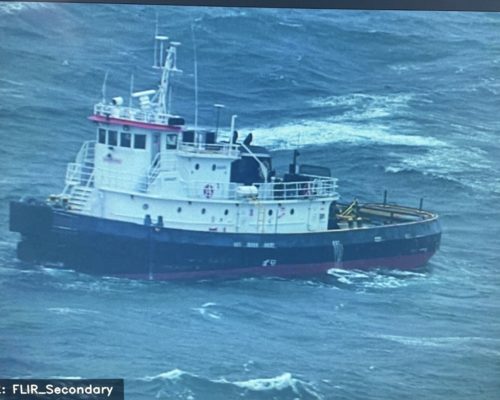A picture may be worth a thousand words, but being able to collect and pass on cherished stories about Chesapeake Bay life is invaluable.
Thanks to a new grant awarded to the Annapolis Maritime Museum, one-of-a-kind recorded interviews from Annapolis and Eastport locals will be preserved for the public and future generations to enjoy.
Baltimore-based Maryland Humanities awarded a $1200 mini grant to the Annapolis Maritime Museum (AMM) for its Oral History Project, a collection of interviews that focuses on the maritime heritage of the Sailing Capital of the World and the Chesapeake’s ecology, says the organization.
Maryland Humanities says the funding will allow the AMM to conduct more interviews to add to its oral histories collection, which will be digitally archived and made available to the public. Anyone with a computer or smartphone will be able to hop online and navigate to the “Annapolis Maritime Heritage Portal” to listen to the interviews.
The AMM has two types of oral history collections. The Museum established the Mike Miron collection in 2016, after receiving a gift of oral histories and other historical materials collected by the late researcher who dedicated much of his life to capturing Eastport maritime life.
The contemporary oral histories project began in 2018.
So far, the Museum says it’s gathered and completed 40 oral histories in the Mike Miron collection and 10 contemporary histories.
Of the Oral Histories Project, which will be boosted by the mini grant, AMM Lead Volunteer John Gudas says, “We like to view this project from the lens of the future. What threads will be pulled by local researchers for the next generation?”
Marilyn Hatza, Maryland Humanities Program Officer for Grants & Strategic Partnerships, says her organization’s mission aligns perfectly with what the AMM is hoping to do with this grant.
“At Maryland Humanities, we aim to build strong communities through partnerships, and one of the ways we do that is through providing grants like this one,” she explains. “We very much value that the museum will make oral histories available for free to visitors, as our grants are made to organizations that encourage Marylanders to participate in the humanities in the public sphere.”
-Laura Adams Boycourt



